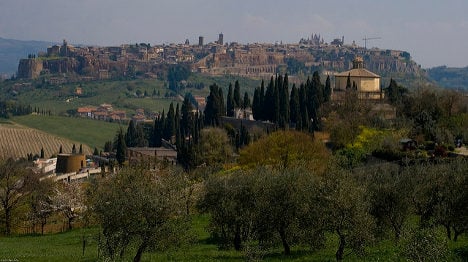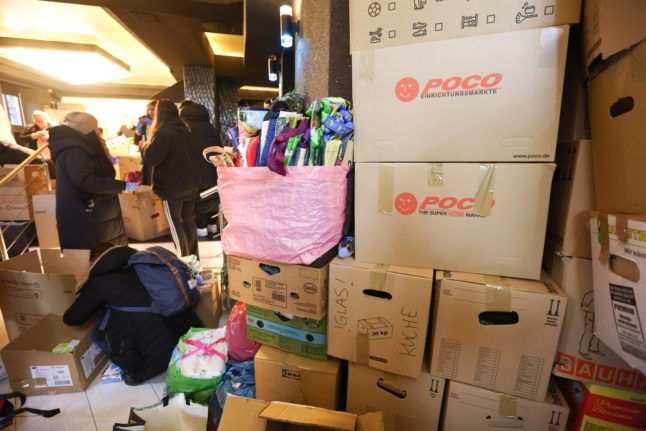The first quake, which was also felt in Tuscany and Lazio, was registered by the National Institute of Geophysics just before 10.30pm.
The epicentre was in the town of Castel Giorgio at a depth of 14.8km.
Nobody was injured and there were no reports of damage to property.
But strong tremors could be felt in Perugia, Trasimeno and Orvieto, as well as the Tuscan provinces of Arezzo and Grosseto.
“Last night’s was strong and lasted maybe 15 seconds. It was scary, we just froze, especially with not really knowing what to do,” Linda Martinez, a mother of three who lives in the hilltop town of Orvieto, told The Local.
Terremoto in Umbria e Lazio, nuove scosse in mattinata. Scuole chiuse a Orvieto https://t.co/sUE1NqT2k0 pic.twitter.com/7AzzkCXm6d
— La Smorfia Digitale (@SmorfiaDigitale) May 31, 2016
A 3.4 magnitude quake hit the Lake Bolsena area at 9.22am on Tuesday, and was followed a few minutes later by one measuring 2.6, according to data the global earthquake monitoring site, EMSC/CSEM.
Both were also felt in Orvieto, prompting authorities to send schoolchildren home. Schools will remain closed on Wednesday.
“This morning it was much milder,” Martinez added.
Ij Honkanen, who also lives in Orvieto, said his couch started to shake as he was chatting with a friend on Skype.
“I immediately left the apartment,” he told The Local.
“People were panicking but I’ve felt quite a few since I’ve lived here, so wasn’t so worried. I spoke to a friend in Castel Giorgio, who said her building shook and some paintings fell off the wall, but other than that, there was no damage reported.”
The earthquakes come a month after a 3.6 magnitude quake struck Florence province.
Meanwhile, more than 50 small quakes within the space of five days were felt in the central Molise region in January.
Italy has two fault lines, making it one of the most tectonically active countries in Europe.
May 6th also marked the 40th anniversary since an earthquake hit Italy’s northeastern Friuli-Venezia region, killing 989 people and injuring 2,800.
Read more: Italy’s deadliest earthquakes over the last 100 years



 Please whitelist us to continue reading.
Please whitelist us to continue reading.
Member comments